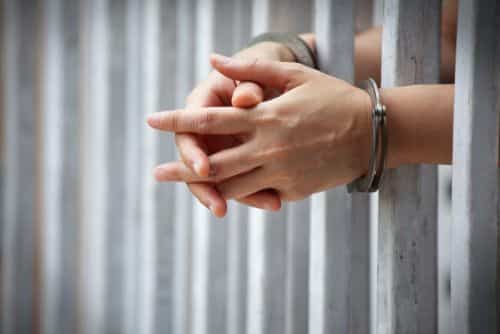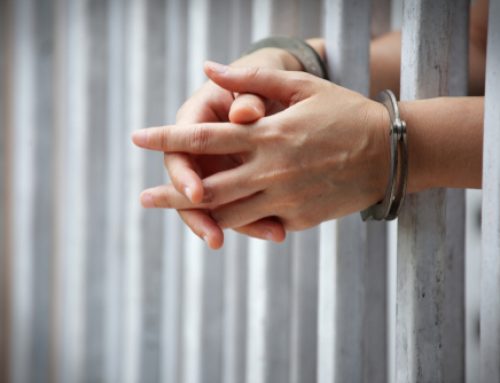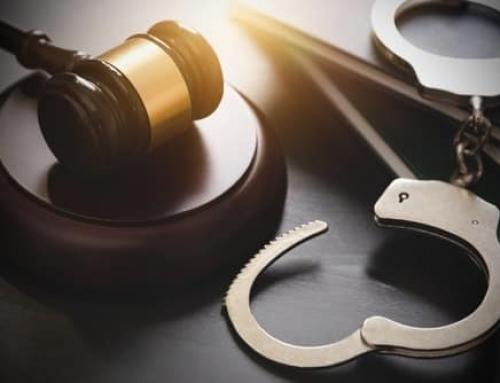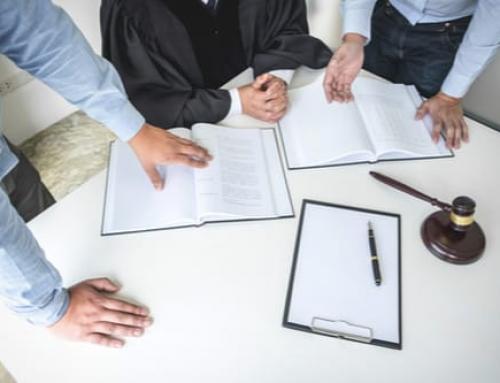If you have been charged with a crime in Pennsylvania, you are facing jail or prison time. Even summary offenses – the lowest-level offenses under Pennsylvania law – carry up to 90 days in jail for a conviction, while misdemeanors carry maximum sentences of one to five years depending on the severity of the crime. If you have been charged with a felony, you are minimally facing three-and-a-half years in prison, and you could be facing up to 20 years behind bars (since you’re asking about probation, we’ll assume that you haven’t been charged with murder, which is a capital offense).
But, could you avoid jail or prison time by going on probation? For many people, if it is not possible to avoid a conviction entirely, the next best option is to try to avoid incarceration. Seeking probation is a possibility for many first-time non-violent offenders, and there are a variety of factors that will determine whether the judge is willing to order probation in any particular case.
Factors for Obtaining Probation in a Pennsylvania Criminal Case
The factors that Pennsylvania judges consider when determining whether a criminal defendant should be placed on probation are outlined in Section 9722 of the Pennsylvania Sentencing Code. These factors are:
- Whether the crime caused or threatened serious harm
- Whether the defendant contemplated that his or her conduct would cause or threaten serious harm
- Whether the defendant acted under a “strong provocation”
- Whether there are grounds to excuse or justify the defendant’s conduct (that are not sufficient to establish a complete defense)
- Whether the victim induced or facilitated the crime
- Whether the defendant has compensated or will compensate the victim
- Whether the defendant has a prior history of delinquency or criminal activity, or “has led a law-abiding life for a substantial period of time before the commission of the present crime”
- Whether the criminal conduct resulted from unlikely circumstances
- Whether the defendant’s character and attitude suggest that he or she is unlikely to commit another crime
- Whether the defendant is particularly likely to respond to probationary treatment
- Whether jail or prison time would result in excessive hardship for the defendant or his or her dependents
Section 9722 also instructs the judge to consider, “[s]uch other grounds as indicate the desirability of probation.”
If you are facing a criminal charge in Philadelphia, the more factors that weigh in your favor, the greater your chances of receiving probation instead of jail or prison time. Although many of the factors relate to events that occurred in the past (i.e. whether your crime caused serious harm), there are steps you can take now to increase your chances of receiving probation. From demonstrating your good character to convincing the judge that probation will be an effective deterrent to any future criminal activity, you will need to work with your criminal defense lawyer to build as compelling a case for probation as possible.
What Does it Mean to Be on Probation?
While most people know that being on probation means staying out of jail, most people do not know what to expect (and what they will need to do) if they receive a sentence of probation. For example, in Pennsylvania, there are actually multiple types of probation:
- Unsupervised Probation – With unsupervised probation, you do not have a probation officer. Instead, you are simply required to adhere to the terms of your probation as established by the court (such as paying a fine and not getting arrested). If you violate the terms of your probation, you may be placed on supervised probation, or you could be sent to jail. Unsupervised probation is typically only ordered for minor offenses and is also known as informal probation.
- Supervised Probation – If you are sentenced to supervised probation, you will be required to report to a probation officer on a regular basis. This could mean checking in monthly or meeting with your probation officer in person on a weekly basis. You may also be required to submit to drug testing and meet other conditions that are stricter than those for unsupervised probation.
- Intensive Supervised Probation – Intensive supervised probation involves significantly more interaction with your probation officer. You will be required to meet with him or her a minimum of eight times per month, and you will essentially be “on-call” to meet your probation officer 24/7.
- Shock Probation – Shock probation involves supervised or intensive supervised probation following a short period of incarceration. This time spent is jail is meant to “shock” you into understanding the severity of your crime and convince you that you need to strictly adhere to the conditions of probation so that you are not sent back to jail.
When you are on supervised probation, you will need to strictly adhere to the terms of your release. These terms will typically include:
- Not possessing any firearms or other deadly weapons
- Not traveling outside of Philadelphia (unless you receive permission from your probation officer)
- Responding promptly to any summons to appear in court
- Notifying your probation officer within 72 hours if you are arrested, move, or get a new job
- Submitting to random drug testing
- Completing a Life Skills Training course
In some cases, the judge will impose “special conditions” on a defendant’s supervised release. These special conditions may include:
- Complying with the rules and regulations of the Adult Probation and Parole Department (APPD)
- Paying financial penalties
- Participating in certain forms of treatment
- Obtaining a GED
- Submitting to additional drug testing
If you violate any of the conditions of your probation, your probation officer can place you on a detainer, and you will need to hire an attorney to file a detainer petition right away in order to avoid being sent to jail.
Contact Philadelphia Criminal Defense Attorney Brian Fishman
If you have been arrested in Philadelphia and believe that you may be eligible for probation (or if you are not sure and would like to find out), you can contact The Fishman Firm for a confidential initial consultation. To schedule an appointment with criminal defense attorney Brian Fishman, call 267-758-2228 or contact us online now.






